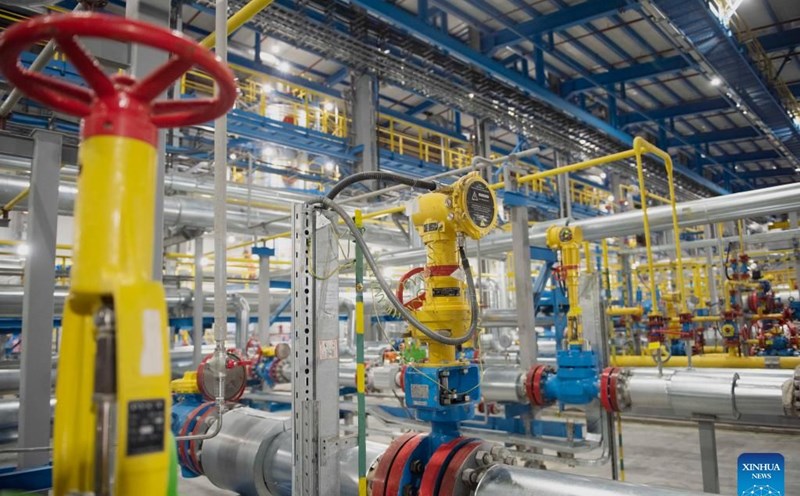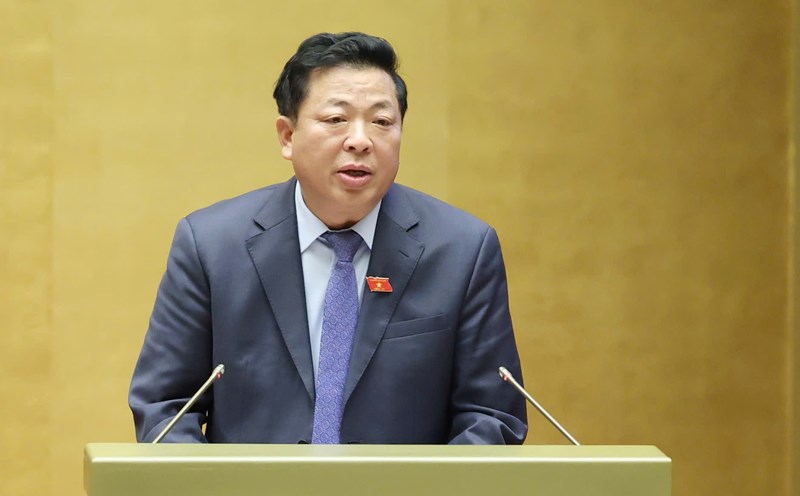According to the US press, President Donald Trump opposes the plan to lower the price cap on Russian oil from $60 to $45/barrel, putting the entire EU proposal at risk of "falling out" right in the water.
Although European Commission President Ursula von der Leyen and EU Foreign Policy Commissioner Kaja Kallas strongly support the price cut, their voices not have much weight without Washingtons approval, diplomatic sources said. Without the US, the EU would find it difficult to carry out this plan, an unnamed source said.
At a press conference on the sidelines of the G7 Summit in Canada, President Trump said he was not ready to impose further sanctions on Russia, despite pressure from allies.
Every time I sign sanctions, it costs the United States billions, even tens of billions of dollars. This is not just a simple document signing. Fines are not a one-way street, Trump said.
President Trump is also said to be asking the Senate to delay the vote on a new draft of sanctions against Russia initiated by Senator Lindsey Graham. The bill includes a 500% tax on countries that continue to buy Russian oil and gas. However, Mr. Trump said that it is not the time and that more time is needed to monitor the progress of Russia-Ukraine negotiations.
Previously, Ms. von der Leyen said that the new EU sanctions package against Russia would include a ban on the use of damaged Nord Stream pipelines, blacklists of banks and tankers, a ban on EU countries buying Russian oil and an effort to lower oil prices from $60 to $45 per barrel.
von der Leyen and Kallas also pledged to impose new export restrictions on 22 companies, not only from Russia but also from Belarus, China and several other countries, to reduce the effectiveness of Russia's sanctions.
However, given President Trump's tough stance, EU diplomats admitted that it would be "difficult to continue" without the US.











